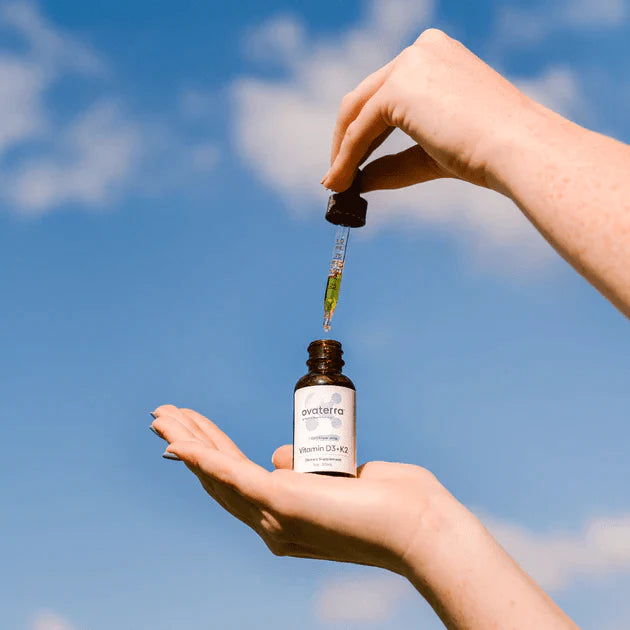Recognized most prominently for maintaining a healthy immune system and building healthy bones, recent studies have suggested a connection between vitamin D and fertility, suggesting that it can aid in the preconception and prenatal process.
What is Vitamin D?
Vitamin D is an essential, fat-soluble nutrient that your body needs for many processes in the body. You can get it from supplements, foods such as fortified orange juice, salmon, shrimp, mushrooms, etc., and produce it by stepping outside in the sun.
What role does vitamin D play in fertility? Does low vitamin D affect fertility?
Regarding low vitamin D and fertility, it has been found that lower levels of Vitamin D can contribute to infertility. The interplay between vitamin D deficiency and fertility becomes especially crucial during pregnancy. When severe, vitamin D deficiency can be very harmful to the bone development of the fetus, leading to skeletal disorders and ease of fractures after birth, for example. While evidence has been inconsistent, it has been shown that proper vitamin D supplementation can improve fertility chances by promoting the proper environment for the growth of your baby and maintaining the health of your body as well, especially since the need for vitamin D will be more demanding during pregnancy as with other vitamins and minerals.
Can vitamin D supplementation improve fertility outcomes?
Yes! Vitamin D supplementation has been shown to help improve fertility outcomes. You may even notice it (Vitamin D3) as an ingredient in several prenatal vitamins and reproductive health supplements on the market. It is recommended that 600IUs a day of vitamin D is suitable during pregnancy. Most prenatal vitamins (female and male) contain approximately 400 IUs of vitamin D. To determine whether you’re deficient or how much you should be taking, consult with your doctor and consider taking a vitamin D test. Also, see how you can select the best vitamin supplement here.
Vitamin D is only one piece of the puzzle when it comes to your overall preconception and prenatal care. It can also be the missing piece in resolving infertility problems that may arise while you are trying for your baby. Make sure that you consult with your doctor to ultimately determine your vitamin D fertility dosage needs (i.e., how much vitamin D you may need specifically to ensure the best chances of becoming pregnant).












